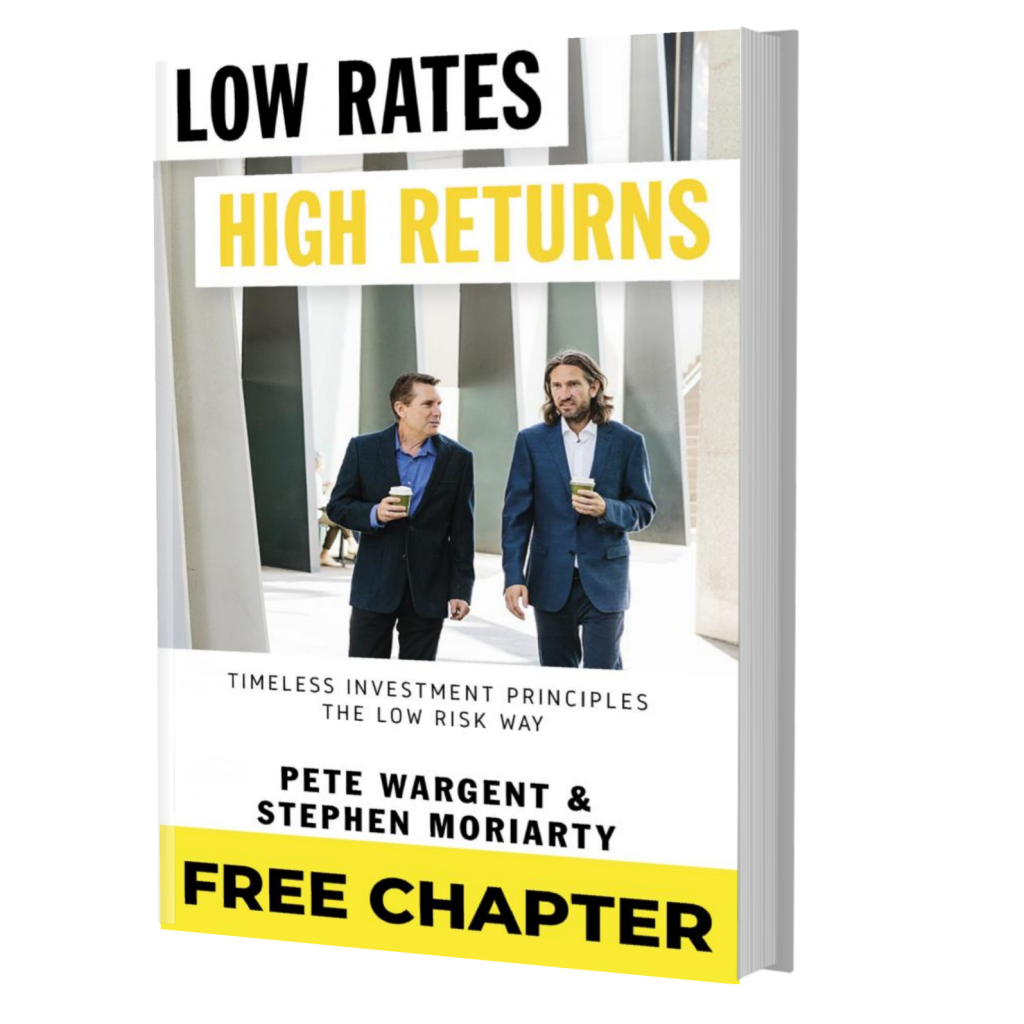Big winning bets
Hedge fund founder John Paulson famously profited to the tune of billions of dollars using credit default swaps to effectively bet against subprime mortgages at the peak of the US housing market.
In subsequent years he took some less successful positions leading to the inevitable articles about him having lost the golden touch, his fall from stardom, & so on.
With a personal wealth running into many billions of dollars Paulson unsurprisingly prefers to avoid media interviews, and meanwhile has reportedly executed millions of dollars in philanthropic donations.
Persistence: the vehicle you arrive in
Although it’s been tempting for observers to portray Paulson as an overnight success, he is well into his 60s today, and like most people his career has been marked by wins & losses, ups & downs, failures & successes.
I’ve read various articles about Paulson suggesting that the key takeaway points from his contrarian subprime bets are that you should believe in yourself & swing for the fence.
Yet most of us do not found multi-billion dollar hedge funds, let alone have the guts or skill to make bets on such a vast scale!
Nevertheless, mirroring the concept of the tipping point, there may be some value in the notion of only needing to win big once.
If you’re persistent enough & can accept that failure is often a part of winning, eventually the world might stop pushing back & let you break through.

Failing often
Most people intuitively understand the power of winning big once, and in part this explains the popularity of lotteries & syndicates.
But how to use this information practically?
Consider looking for asymmetric pay-offs, or projects and ideas with modest downside risks but unlimited upside.
Your next article might be the one that goes viral, your next book could be a surprise bestseller, and your next start-up idea might be the one which really explodes into the big time.
But how many times are you prepared to fail?
Don’t be afraid to fail when there are asymmetric pay-offs.
You only need to win big once.





